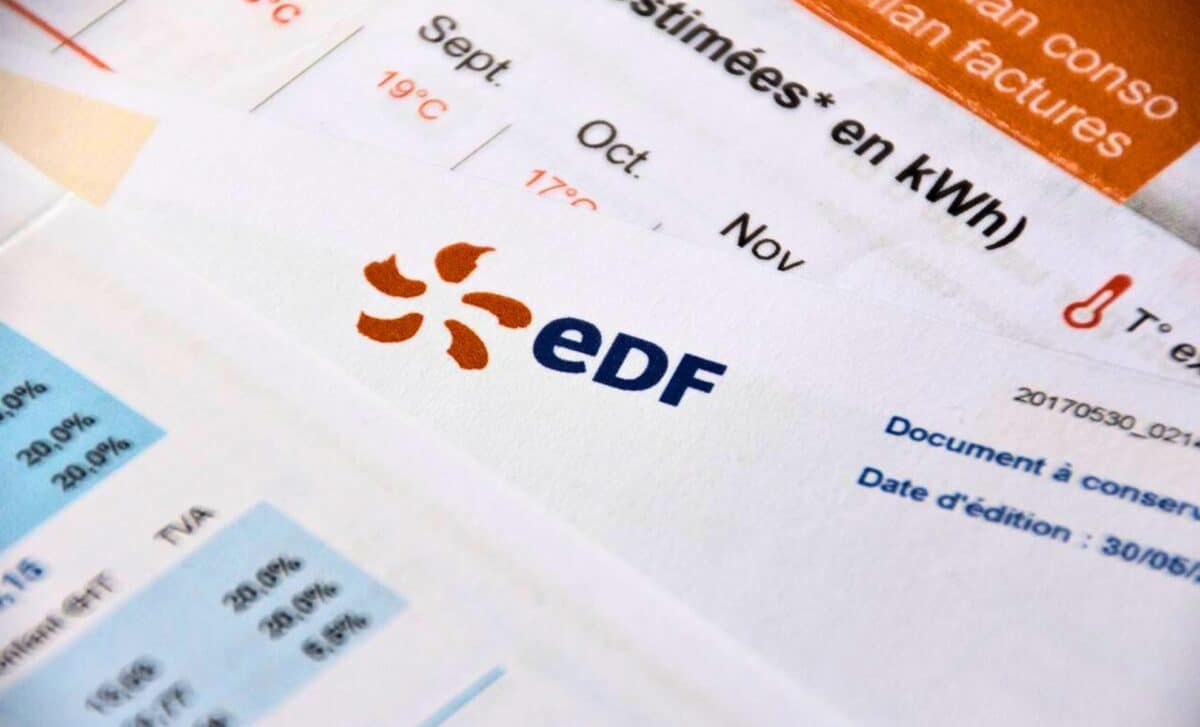With the cost of living crisis continuing to place immense pressure on UK households, managing everyday expenses has become a major challenge for families across the country. Rising energy bills are one of the most significant burdens this winter, leaving many struggling to keep their homes warm while staying within budget. In response, major energy providers such as EDF, British Gas, Octopus, Eon, and OVO are stepping in with measures to help households save money and manage their heating costs.
These initiatives, which include direct payments of up to £130 and incentives for smarter energy use, aim to provide immediate financial relief while encouraging sustainable habits. By combining practical tips with targeted support, these energy companies are helping families reduce waste, improve efficiency, and navigate the winter months with greater ease. For those balancing warmth and affordability, these measures could offer a lifeline during challenging times.
The Ideal Temperature for Comfort and Efficiency
Finding the right temperature balance is key to maintaining comfort while avoiding excessive energy use. According to Llewellyn Kinch, CEO of solar platform and home energy specialists MakeMyHouseGreen, 20°C is an ideal setting for homes during active hours:
“An ideal temperature while you’re up and active at home is about 20C. You should find this to be about right for moderate levels of activity in the house.
Kinch emphasises the importance of adopting small adjustments rather than cranking up the heat when it feels chilly:
“Set your heating to 20C when you’re in and active. This temperature strikes a good balance between comfort and winter energy efficiency. If 20C feels chilly, wear warm clothing or use a blanket rather than cranking up the heat.”
This approach not only helps reduce energy waste but also encourages households to rethink how they use heating to maximise savings without compromising comfort.
The Importance of Night-Time Adjustments
Adjusting your thermostat at night is another simple yet effective way to cut costs. Kinch highlights the potential savings from lowering the temperature during sleeping hours:
“Dropping the temperature at night for eight hours can save up to 10% on heating bills annually. If it’s cold outside and you switch your home heating off entirely when you’re asleep or out, the house can get very cold, and requires a lot of expensive energy to heat back up. So just tweak it down when you don’t need it to stay cosy – and save.”
This strategy aligns with recommendations from energy providers, who suggest lowering heating settings when the household is less active or asleep. By gradually lowering the temperature instead of turning off heating completely, families can achieve significant savings over time while maintaining a comfortable indoor environment.
Energy Providers Offer Additional Guidance
Leading energy companies, including British Gas, Octopus, and EDF, are actively encouraging customers to adopt smarter heating practices. Alongside expert advice, these companies are also offering financial support through rebates and energy-saving incentives.
For instance, Octopus Energy rewards customers who reduce consumption during peak hours, helping both households and the wider energy grid. Similarly, British Gas and EDF have launched campaigns to educate customers on reducing energy use while maintaining comfort.
Simple Steps for Smarter Heating
Energy efficiency doesn’t require major lifestyle changes. Experts and providers recommend a few practical steps to get started:
- Use a programmable thermostat: Set schedules to automatically lower heating during night-time or when no one is at home.
- Insulate properly: Ensure doors, windows, and walls are well-insulated to prevent heat loss.
- Layer up: Wearing warm clothing indoors reduces reliance on heating systems.
- Monitor usage: Smart meters and apps can help track energy use and identify areas for improvement.
Small adjustments, like keeping internal doors closed to retain heat in frequently used rooms, can also have a noticeable impact.
Preparing for the Rest of Winter
As temperatures continue to drop, managing energy use will remain a top priority for households across the UK. Expert advice and practical tools are empowering families to make smarter choices, striking a balance between warmth and affordability.
With government support schemes and energy company initiatives available, now is the time to reassess heating habits and take advantage of resources designed to ease the burden of high energy costs. By combining expert tips with financial support, households can navigate the winter months more comfortably and cost-effectively.









